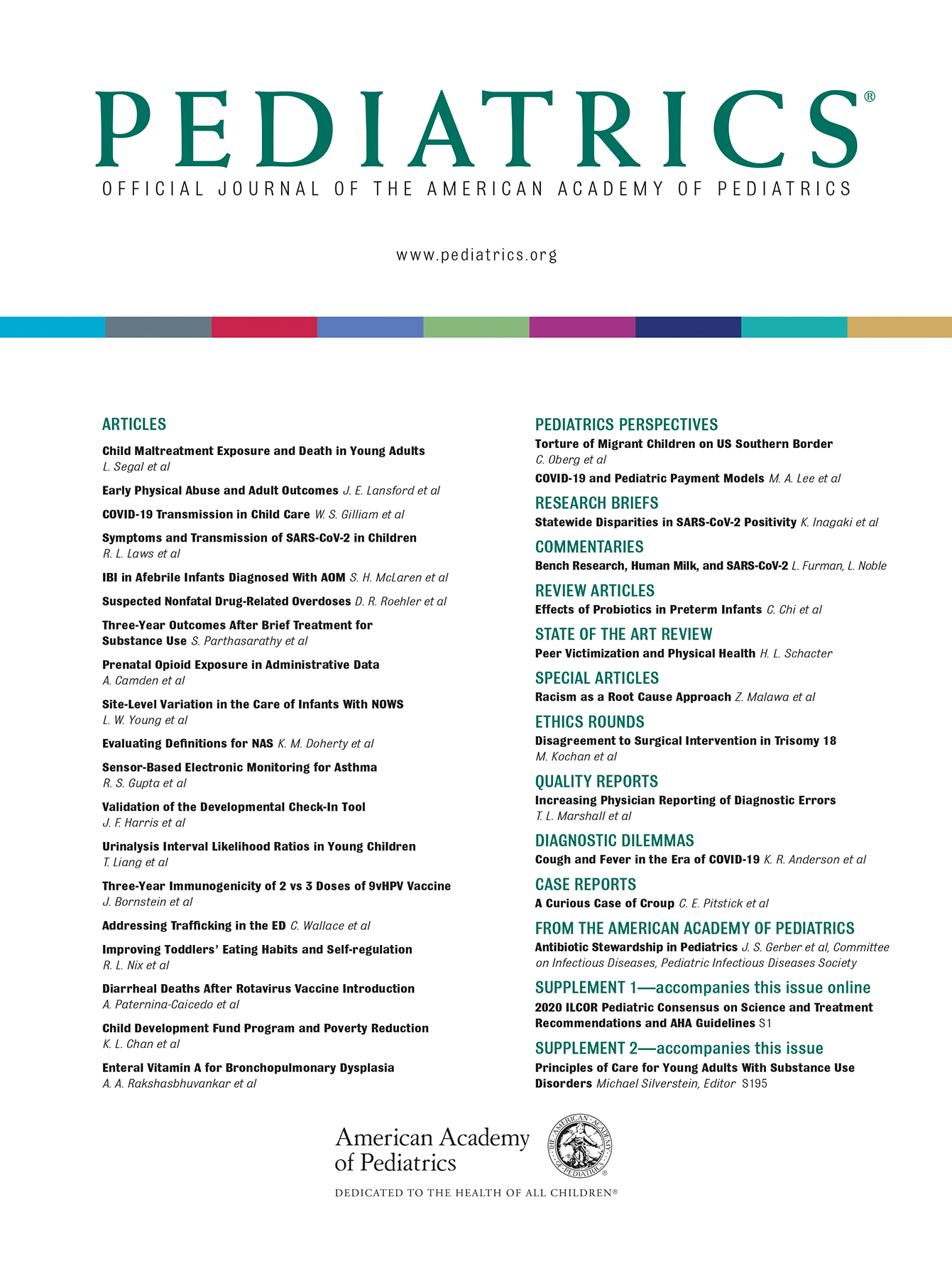A neonate, who was found to have an elevated C3/C2 ratio and minimally elevated propionylcarnitine on newborn screening, was subsequently identified as having the rare cblF inborn error of vitamin B12 (cobalamin) metabolism. This disorder is characterized by the retention of unmetabolized cobalamin in lysosomes such that it is not readily available for cellular metabolism. Although cultured fibroblasts from the patient did not show the expected functional abnormalities of the cobalamin-dependent enzymes, methylmalonyl-CoA mutase and methionine synthase, they did show reduced synthesis of the active cobalamin cofactors adenosylcobalamin and methylcobalamin. Mutation analysis of LMBRD1 established that the patient had the cblF disorder. Treatment was initiated promptly, and the patient showed a robust response to regular injections of cyanocobalamin, and she was later switched to hydroxocobalamin. Currently, at 3 years of age, the child is clinically well, with appropriate development. Adjusted newborn screening cutoffs in Ontario allowed detection of a deficiency that might not have otherwise been identified, allowing early treatment and perhaps preventing the adverse sequelae seen in some untreated patients.
Skip Nav Destination
Article navigation
July 2013
Case Report|
July 01 2013
A Patient With an Inborn Error of Vitamin B12 Metabolism (cblF) Detected by Newborn Screening
Christine M. Armour, MD;
Christine M. Armour, MD
aDepartment of Medical Genetics, Children’s Hospital of Eastern Ontario, Ottawa, Canada;
Search for other works by this author on:
Alison Brebner, BSc;
Alison Brebner, BSc
bDepartment of Human Genetics, McGill University, Montreal, Canada;
Search for other works by this author on:
David Watkins, PhD;
bDepartment of Human Genetics, McGill University, Montreal, Canada;
Address correspondence to David Watkins, PhD, Department of Medical Genetics, McGill University Health Centre/Montreal General Hospital, 1650 Cedar Ave L3.319, Montreal, Quebec, Canada, H3G 1A4. E-mail: david.watkins@mcgill.ca
Search for other works by this author on:
Michael T. Geraghty, MD;
Michael T. Geraghty, MD
cDepartment of Pediatrics, Metabolics Unit, Children’s Hospital of Eastern Ontario, Ottawa, Canada; and
Search for other works by this author on:
Alicia Chan, MD;
Alicia Chan, MD
dDepartment of Medical Genetics, University of Alberta Hospital, Edmonton, Canada
Search for other works by this author on:
David S. Rosenblatt, MD
David S. Rosenblatt, MD
bDepartment of Human Genetics, McGill University, Montreal, Canada;
Search for other works by this author on:
Address correspondence to David Watkins, PhD, Department of Medical Genetics, McGill University Health Centre/Montreal General Hospital, 1650 Cedar Ave L3.319, Montreal, Quebec, Canada, H3G 1A4. E-mail: david.watkins@mcgill.ca
FINANCIAL DISCLOSURE: The authors have indicated they have no financial relationships relevant to this article to disclose.
Pediatrics (2013) 132 (1): e257–e261.
Article history
Accepted:
March 13 2013
Citation
Christine M. Armour, Alison Brebner, David Watkins, Michael T. Geraghty, Alicia Chan, David S. Rosenblatt; A Patient With an Inborn Error of Vitamin B12 Metabolism (cblF) Detected by Newborn Screening. Pediatrics July 2013; 132 (1): e257–e261. 10.1542/peds.2013-0105
Download citation file:






Comments